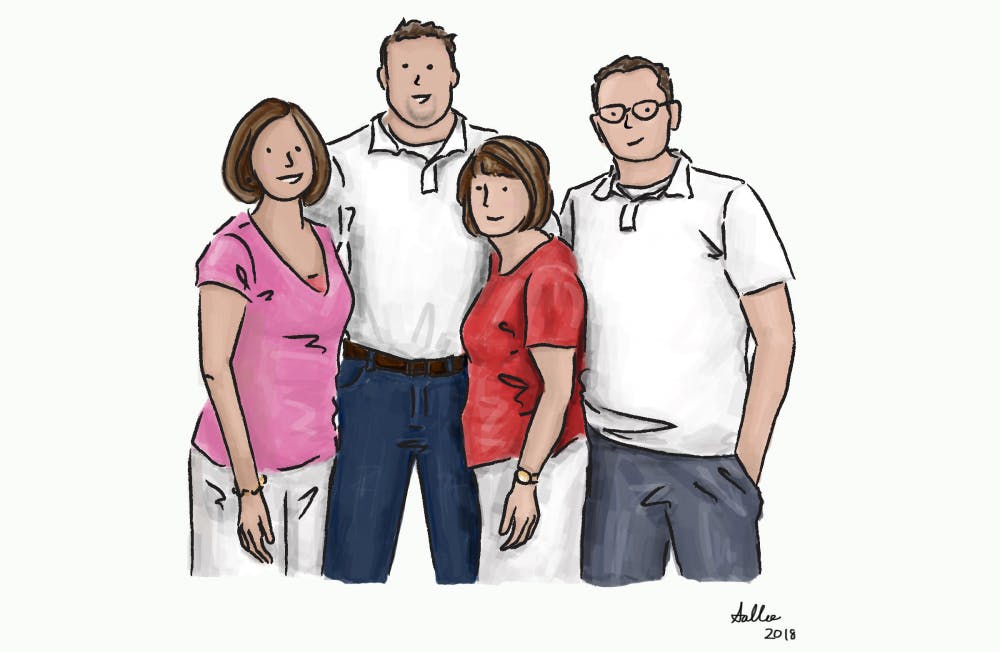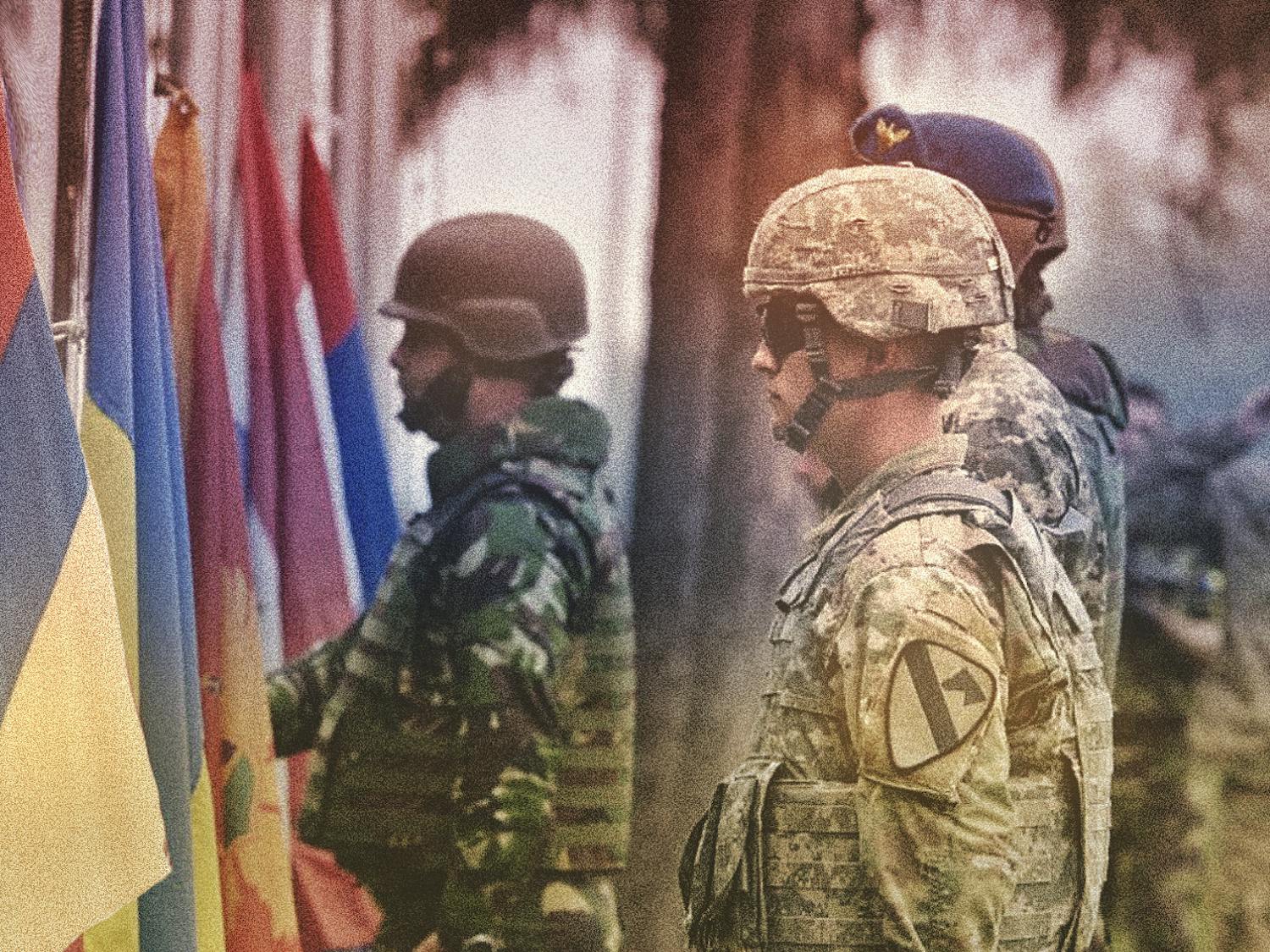The Saturday before Thanksgiving is a little-known day set aside to support those who have lost someone to suicide. International Survivors of Suicide Loss Day was started by the American Foundation for Suicide Prevention as a means “postvention” care. In keeping with the Foundation’s mission of prevention, the objective of the day is to bring survivors together to share stories, de-stigmatize suicide, and encourage healing. To that end, this is my story.
At 9:50 a.m. on Thursday, July 12, 2018, I woke to my phone buzzing across the nightstand. I had left it on silent and overslept on my day off. I grabbed the phone and was shocked to see 35 missed calls. I scrambled to unlock my phone as it rang again. I answered and heard my brother. Silenced by his tears, he handed the phone to his wife, and I then learned my mom was dead. It took several long seconds of disbelief and denials for me to accept reality. What came next, however, caused my knees to give way and my body to collapse. As calmly as her emotions would allow, she told me Mom died by suicide.
In that very moment my life changed forever. My amazing, vibrant, gorgeous mother ended her own life. My mom’s death inflicted a trauma upon me so powerful that I cannot close my eyes without seeing her lifeless body and bruised face in the casket. Worse still, I have nightmares of the horror my brother experienced when he found her. I suffer from panic attacks, anxiety, and depression. My understanding of this world is forever changed. In that moment, I became an unwitting survivor, thrust into a battle I did not provoke with an enemy I do not understand. My mom saved me from the pit of my personal despair in my younger years, and I felt this should have been me, not her. This never should have happened.
There is a misconception that those who kill themselves live dark, seedy lives filled with secrets and skeletons shoved into proverbial closets. However, this is most often untrue. Mom’s younger years were far from idyllic, but she was every bit the woman she was perceived to be. She was an accomplished professional, a loving mother, grandmother, daughter, sister, aunt, and a devout Christian. She ensured that her children grew up with memories that were defined by her unconditional love. Family defined my mom’s life, and hers was large, and unending.

Consequently, I have not been able to reconcile the contradiction that is her life and death. In life, Mom was able to leverage her faith to conjure an unconquerable strength in the face of adversity. She was strong when it seemed impossible. I have come to regret not challenging her facade of infallibility. But I still believe her real superpower was her unending generosity, and she remains my superhero. However, I have realized she was all too human. Perfect in her imperfections, yet in death, capable of inflicting an incredible pain. I’ll never fully understand, but my love for her remains as unconditional as hers for me.
Despite my love, I am ashamed to say that one of the hardest things for me has been talking about how she died. The day we sat as a family at the funeral home, I was very vocal about not wanting to hide the details of her death. I thought doing so was contrary to an undeniable “truth” about mental health. Now, however, when asked about it, I find that stigma and shame guide my voice, and I retreat in to secrecy and isolation. Every encounter with a well-wisher is invariably a tap dance around the truth, and I navigate pleasantries hoping to hide my shame. I hope my silence will conceal my guilt.
Grief, guilt, stigma, and shame are the survivor’s burden. They define the walls of my prison and are the only constants in my new normal. I spend my days surrounded by hundreds, but my prison leaves me in isolation. The silence is my torture. I wake daily to face my new truth in the darkness of a society that stigmatizes my struggle. I know that I must move forward, but how does one progress in a silent isolation?
C.S. Lewis wrote "the loss of a beloved is an amputation.” I would argue the suicide of a beloved is a vivisection. Research shows us that the suicide of a beloved increases the suicidality of the survivor. If we are to end the cycle, we must break through the burdens and the silence. I ask you, join us, not just on days like Saturday, but every day. You do not have to make a profound gesture or grand statement. You do not need the "right words." You just need to listen with open arms, and an open heart. Love will do the rest.
NATHAN A. COCKRUM is the associate director of strategic planning at Residential and Hospitality Services. His email address is ncockrum@upenn.edu.
CAMPUS RESOURCES
The HELP Line: 215-898-HELP
Counseling and Psychological Services: 215-898-7021 (active 24/7)
Student Health Service: 215-746-3535
Office of the Vice Provost for University Life: 215-898-6081
University Chaplain’s Office: 215-898-8456
Reach-A-Peer Helpline
- 215-573-2727 (every day from 9 p.m. to 1 a.m.)
- 215-515-7332 (texting service available 24/7)
Penn Benjamins (in-person peer counseling)
- Su, M, T 8-11 p.m. Harnwell Library First Floor
- W, Tr 8-11 p.m. Houston Hall Chaplains Office









